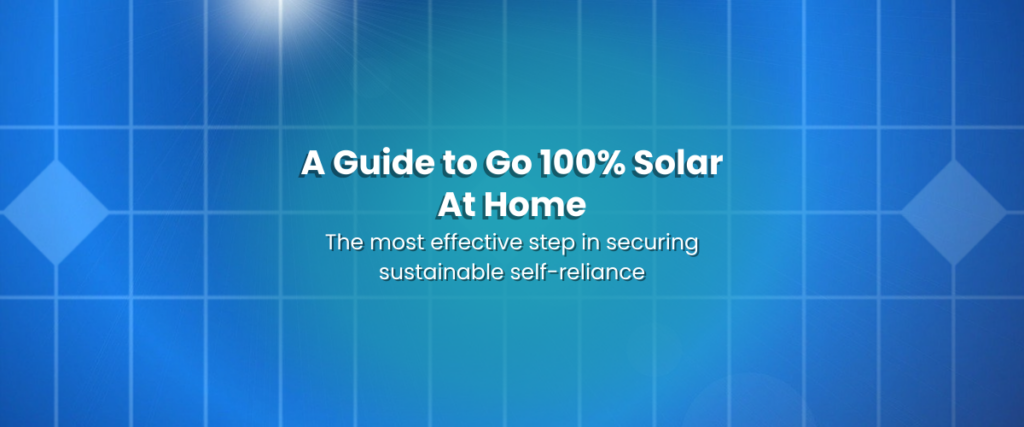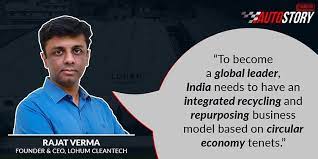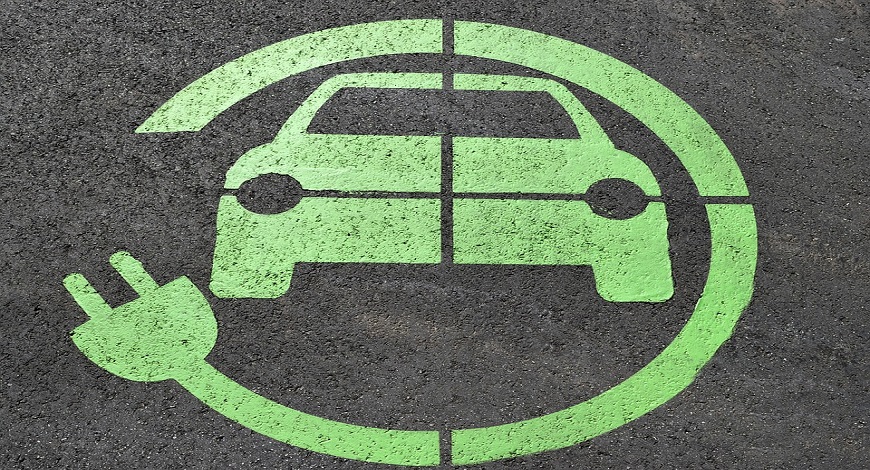
In recent years, there has been a growing interest in sustainable living and the use of clean energy sources. Online searches for DIY ways to set up a solar power system at home are seeing an unprecedented rise, as solar technologies and lithium batteries become more common and more affordable. This step-by-step guide aims to provide sustainable living enthusiasts with the necessary information on configuring their own solar power system with lithium batteries for round-the-clock power availability.
While not an exhaustive, specific, end-to-end manual, this byte-sized guide will set you in the right direction, equipped with the basics. It is important to note that if you are not familiar or confused with the hardware and tools required, calling your local electrician or the solar power system equipment company to assist with key steps of the installation is a good idea for safety.
Lithium batteries or lithium-ion batteries have gained significant attention and adoption due to their high energy density and long lifespans. These characteristics make them an ideal choice for storing solar energy in an efficient and reliable manner. By incorporating lithium solar batteries into a DIY solar power system, individuals can maximize the benefits of renewable energy while reducing their carbon footprint.
By implementing a Solar Battery Energy Storage System (BESS or ESS) with lithium-ion batteries at home, you can achieve independence from traditional grid-based electricity sources to build self-reliant sustainable living.
This guide will broadly walk you through the step-by-step process of setting up your own DIY solar power system with lithium battery ESS, empowering you to embark on the shift to clean energy, from your home.
Before you start your DIY solar power project, there are some important things you need to know and prepare. These include:
A basic understanding of how a solar power system works, and also a sound understanding of safely working with electricity. Safety is a key prerequisite to setting up and operating any kind of electronics, including solar arrays and lithium battery-powered Energy Storage Systems (ESS).
Energy consumption will be different for each home, as it depends on the electricity consumption of all the devices in your home, which include anything from refrigerators, fans, ACs, small electronics, lamps, heaters, water pump motors, TVs, washing machines, etc. This list will vary depending on your lifestyle or location, and so will the energy efficiencies of all your home electronics.
The energy efficiencies of your home appliances are usually indicated on the device itself, specified on a label, along with an ‘energy efficiency rating’ granted by international or local standards organizations. You will need to begin by surveying all your electronics and estimating a reasonably accurate range of your daily energy consumption, which can also be broadly determined by per-unit electricity consumption data found on your electricity bill.
The location of your home is a key deciding factor in setting the angle and alignment of your solar panels. Alternatively, Solar DIY enthusiasts can buy a smart solar array that moves, tracking the sun for maximum energy capture throughout the day.
Once you have a clear idea of your power needs and your site conditions, you can start planning the layout of your solar array. There are three broad types of systems you can choose from:
Each type of system has its own advantages and disadvantages, as well as different equipment and costs. You can learn more about the differences and pros and cons of each type of system available in your region, as many of the components will be bulky and heavy, thus costing more if coming from afar.
After you have decided on the type of system you want to install, you need to choose the right solar panels and lithium batteries for your system. There are different types of solar panels, such as monocrystalline, polycrystalline, and thin-film, that vary in efficiency, durability, and price. For lithium batteries, you need to consider the amp-hour rating, the discharge threshold, the battery management system, and the warranty. The batteries, UPS, inverters, and other infrastructure would need to be fully compatible with each other, with matching ratings.
You would also need to purchase other components for your system, such as a charge controller, an inverter, a racking system, wires, connectors, fuses, circuit breakers, etc. These would vary along the scale and complexity of your solar power system setup.
Once you have all the equipment and tools ready, you can start the installation process of your DIY solar power system. The installation steps are as follows:
Tune in to LOHUM’s series on the energy transition economy: #GreenGazette on our Blog, and our LinkedIn page for more insightful content on sustainability, solar ESS, solar power system, BESS, battery energy, energy transition, circular economy, transition materials, battery recycling, and more!
Related blogs
This entrepreneur wants India to make its own lithium-ion cells for electric vehicle batteries

Forbes India
Rajat Verma already recovers raw materials from used cells at his venture, LOHUM Cleantech. He wants to close the loop by making cells in India as well.
India needs integrated recycling and repurposing battery business model: Rajat Verma of LOHUM Cleantech

YOURSTORY
In an interaction with AutoStory, Rajat Verma, Founder and CEO of LOHUM Cleantech, speaks about building his company, and about battery manufacturing and repurposing as an industry.
Sourcing Raw Materials Is A Big Challenge In Li-ion Battery Space: Founder Lohum

Business World Disrupt
Recognized as ‘The Most Innovative Company of the year 2022’ by The Confederation of Indian Industry (CII), LOHUM is a producer of sustainable Li-ion battery raw materials
1800 572 8822
Email : enquiry@lohum.com
G98, Site, 5, Kasna, Block A, Surajpur Site V, Greater Noida, Uttar Pradesh 201306
LOHUM Cleantech Private Limited, Plot No. D-7 & 8, Site 5th, Kasna Industrial Area, Greater Noida, Gautam Budh Nagar, Uttar Pradesh – 201308
LOHUM Cleantech Private Limited, Plot No. O-17, Site 5th, Kasna Industrial Area, Greater Noida, Gautam Budh Nagar, Uttar Pradesh – 201308